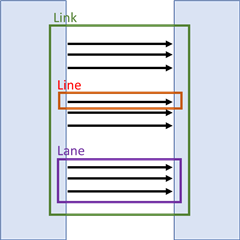Hi Expert,
I would like to ask and confirm this query from a known company:
They are looking for switch similar to TS5MP645 which supports C-PHY 4.5GSPS and above and this is the only device I am seeing from device portfolio.
Do you have any thoughts/alternate/recommendation on this?
Thank you.
Regards,
Archie A.


